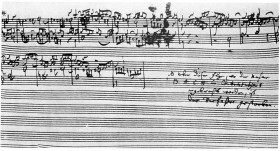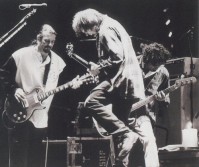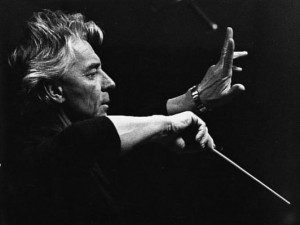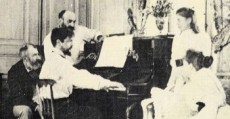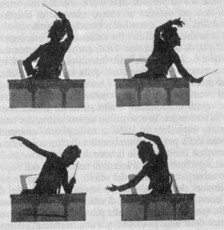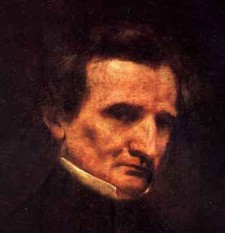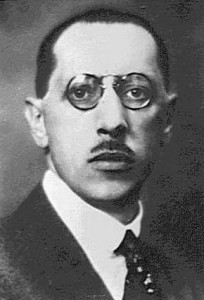Tonight I have a nice mix of discs getting ripped. The Emerson String Quartet’s recording of Bach’s ‘Art of the Fugue’, a couple of mid 90s Neil Young and Crazy Horse discs, the live double disc of The Police along with some Purcell, Brahms and Mahler. The Neil Young and Police (especially the first Police disc from Boston, 1979) are pretty rocking. Even more striking about the Neil Young discs is how rocking it can be in one song, then how melodic and sweet it can be in the next. The funny thing (for me) about Neil Young is how little I think to listen to him. While he may not be in my top ten artists list, he is certainly pretty high, and when I think about the first time I heard ‘Sleeps With Angels’ (late at night at Tower, turned up really loud) I still think about how the sound on the record seemed just perfect. I listened to the whole album a few months ago (during a drive to Seattle to perform in a concert) and I was still struck at how well put together the disc was and how good the songs were. The jangly, saloon sounding piano that starts off the disc that leads into darker ‘Prime of Life’ with its haunting flute that weaves through most of the song, to the mellow ‘Driveby’ and finally into ‘Sleep With Angels’ which, while still slow, is grungier the grunge was in ‘94. And as awkward as it is to hear middle age guys bellowing ‘PIECE .. OF .. CRAP!’ in the chorus of a song, that song rocks pretty hard. And that goes a long way since my favorite part about almost anything Neil Young does with Crazy Horse is the sound of the band. They sound damn good on this disc. ‘Broken Arrow’, while it hasn’t had as many plays for me as most other Neil Young discs does have ‘Music Arcade’ on it. Charles placed this song expertly on his ‘Wood and Smoke’ mix disc 11 years ago. I’ve probably heard ‘Wood and Smoke’ more then any other mix disc I have, so there is some irony that the Neil Young song on the mix comes from the disc I have probably listened to the least.
Though not this specific recording, Bach’s ‘Art of the Fugue’ is, personally, a very significant work of art for me. My first memory of a piece of classical music really demanding my attention was in high school band. We played a transcription of the ‘little’ fugue in g minor, and I was amazed at how the counterpoint (though I didn’t know that’s what it was yet). I became fixated on the piece, and on the idea of fugue in general. The next day at work, I bought the first two things I found with the word ‘fugue’ in the title (Beethoven’s ‘Grosse Fuge’ and the Julliard String Quartet recording of ‘Art of the Fugue’). Though my appreciation of Beethoven’s great fugue is just about higher then anything else ever written now, at the time I thought it was a dissonant piece of crap that seemed completely non-sensical to me. Perhaps this made the opening of the ‘Art of the Fugue’ that much more special though. The opening D minor arpeggio was so refreshing, and the intricacy of the writing drew me in immediately. This was also the week I discovered Dover scores, and ‘Art of the Fugue’ was the first one I bought. And so I began my love affair with fugues and counterpoint that continues still to this day. I still get lost in them, and love how a person can focus their attention on a single part, as well as the whole. I love how we can aurally zoom in on a part of the piece, and back out again and hear the same thing in different contexts. And most of all, I love how it is music that still makes my brain tingle after knowing it for the better part of two decades.


